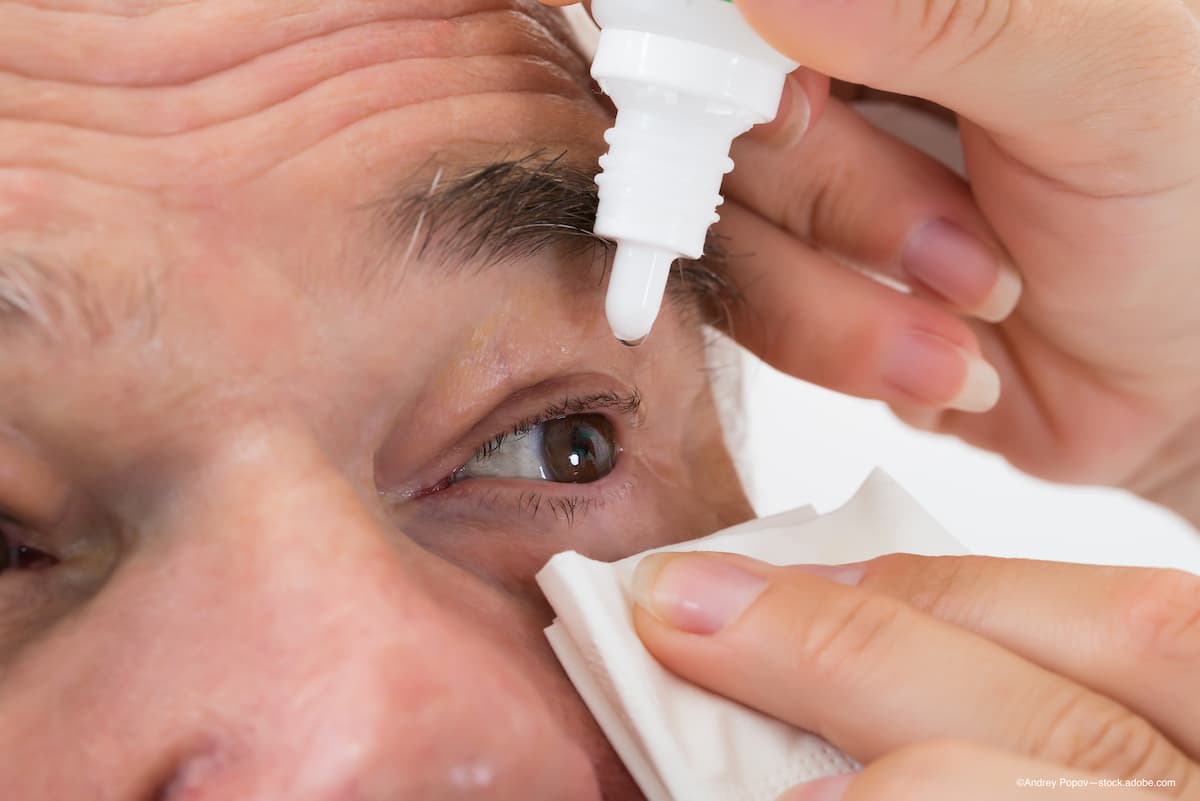Orasis Pharmaceuticals’ NDA for CSF-1 for presbyopia accepted by FDA
A PDUFA goal date of October 22, 2023 was assigned to the investigational eye drop candidate for the treatment of presbyopia.

Today, Orasis Pharmaceuticals announced that the U.S. Food and Drug Adminstration (FDA) has accepted its New Drug Application (NDA) for its investigational low dose pilocarpine hydrochloride 0.4% (CSF-1) eye drop for the treatment of presbyopia. The Prescription Drug User Fee Act (PDUFA) goal date of October 22, 2023 was assigned to the novel eye drop.1
“We are encouraged by the acceptance of our NDA filing as we progress towards our mission of reshaping vision possibilities for the millions of people in the U.S. living with presbyopia, or blurry near-vision,” said Elad Kedar, Chief Executive Officer of Orasis Pharmaceuticals, in a press release. “We look forward to working with the FDA towards approval and commercial launch of CSF-1.”
The acceptance of the NDA was decided based on the results of the Phase 3 NEAR-1 and NEAR-2 clinical trials, which investigated safety and efficacy of CSF-1 in over 600 patients. By day 8 of the trial, both trials had met primary and secondary endpoints. The investigational eye drop achieved a statistically significant 3-line or more gain in distance-corrected visual acuity and the investigators reported no loss of 1-line or more in distance visual acuity. Only 2.6% of participants reported moderate adverse events and all other adverse events were mild; the most common treatment-related events included headache and installation site pain, which occurred in 6.8% and 5.8% of participants, respectively.
CSF-1, a preservative-free formulation of low-dose pilocarpine, improves near visual acuity via pupil modulations, which creates a “pinhole effect” that lengthens the depth of field and in turn increases the ability to focus on near objects. The novel corrective eye drop candidate is designed to achieve an optimal balance between efficacy, safety, and comfort—which they achieved according to data from the NEAR-1 and NEAR-2 trials.
Reference
FDA accepts Orasis Pharmaceuticals’ New Drug Application for CSF-1 for the treatment of presbyopia. Press release. Orasis Pharmaceuticals; February 21, 2023.
Newsletter
Want more insights like this? Subscribe to Optometry Times and get clinical pearls and practice tips delivered straight to your inbox.